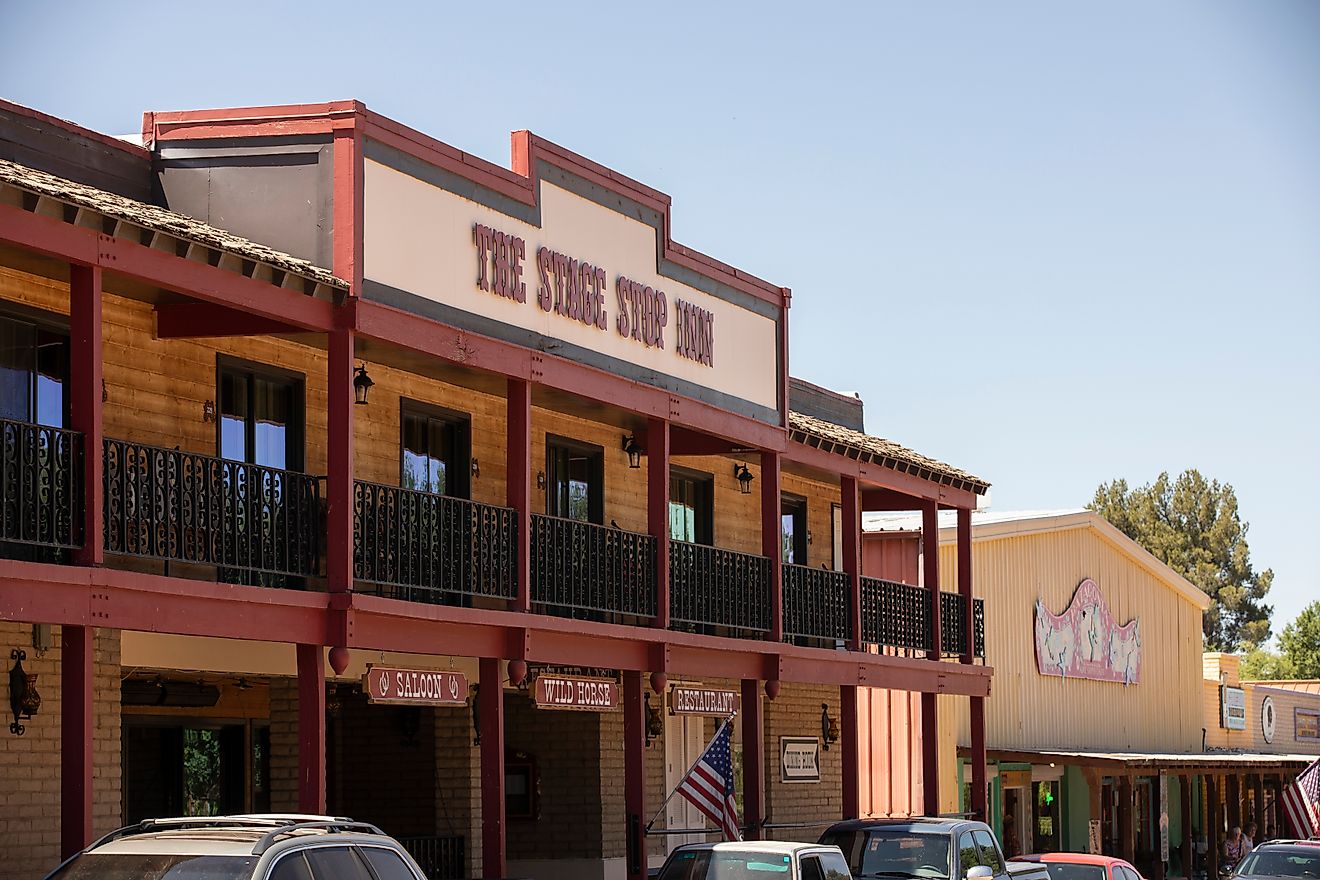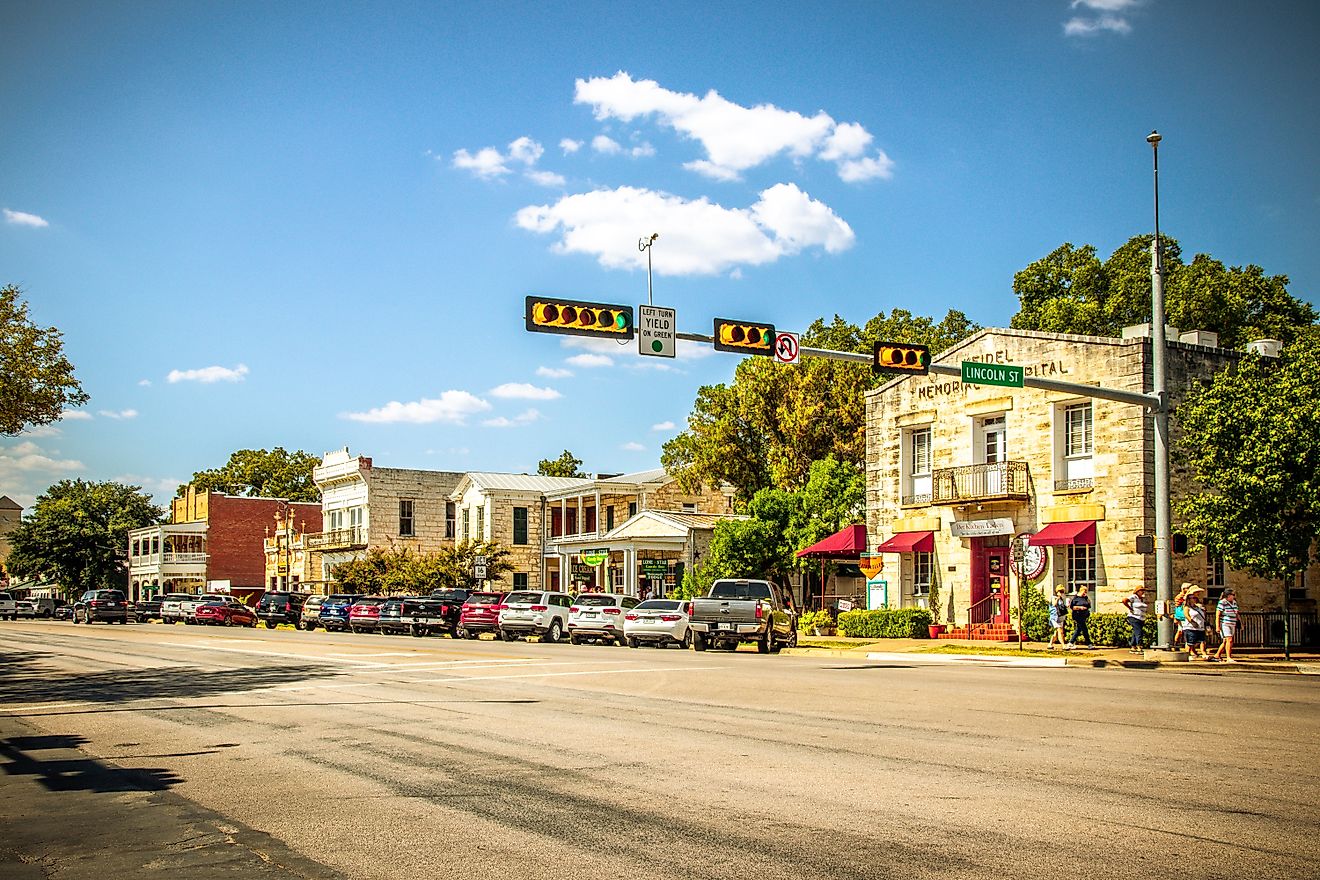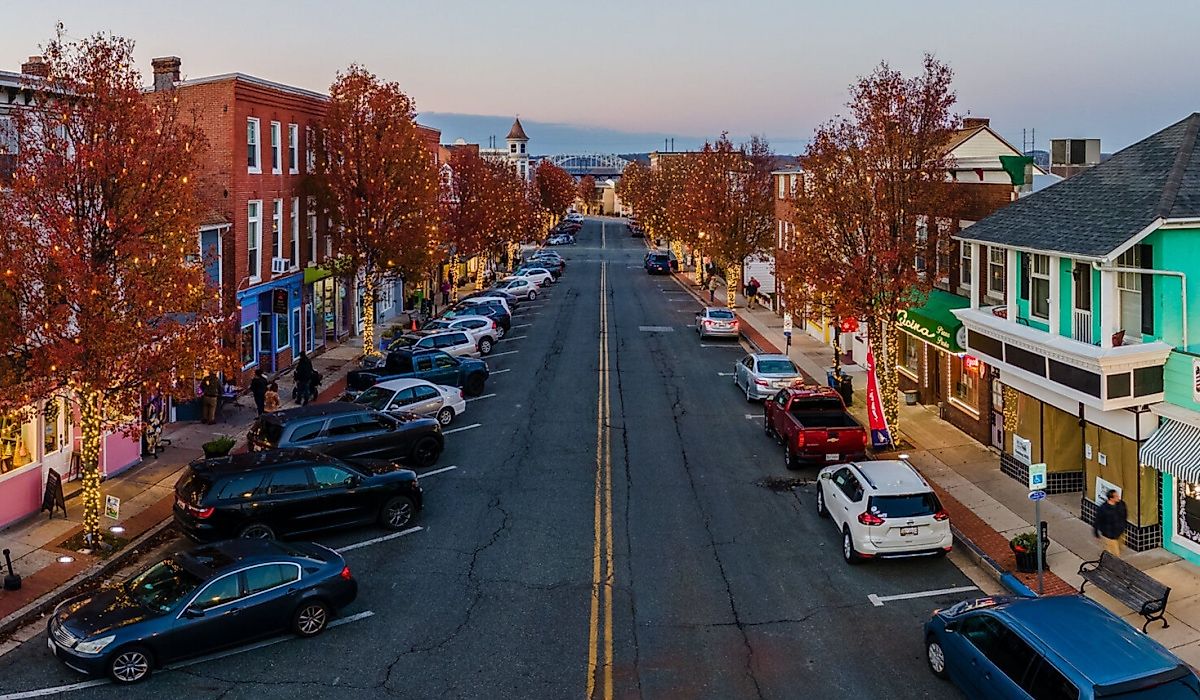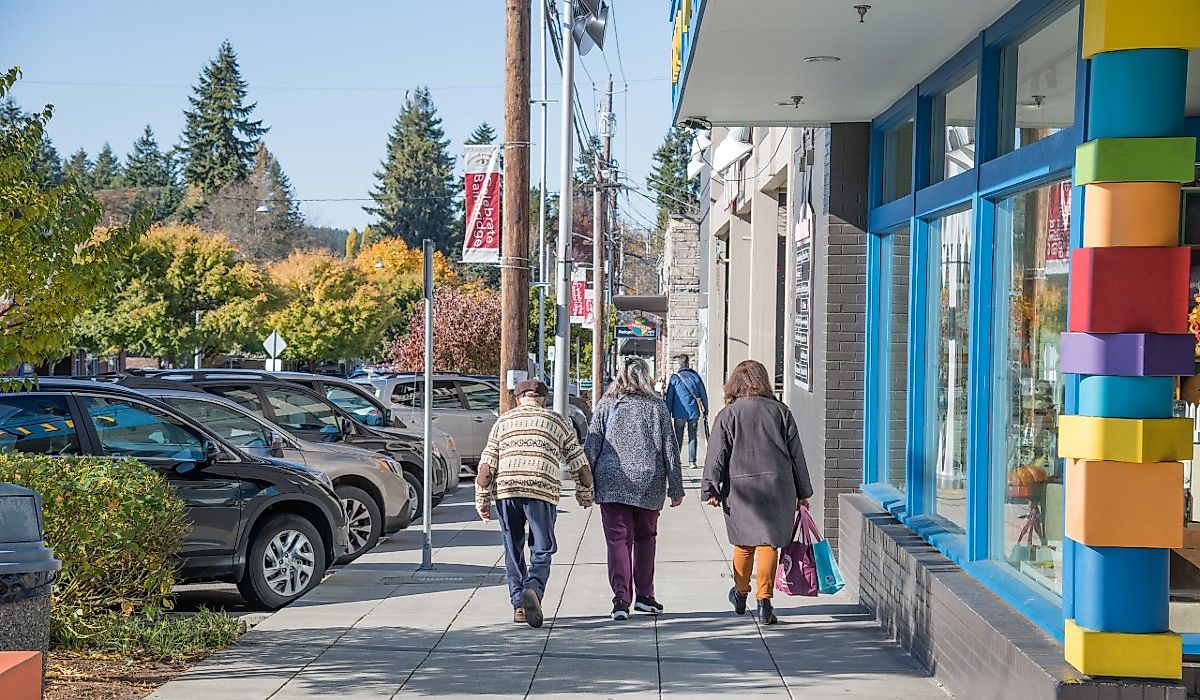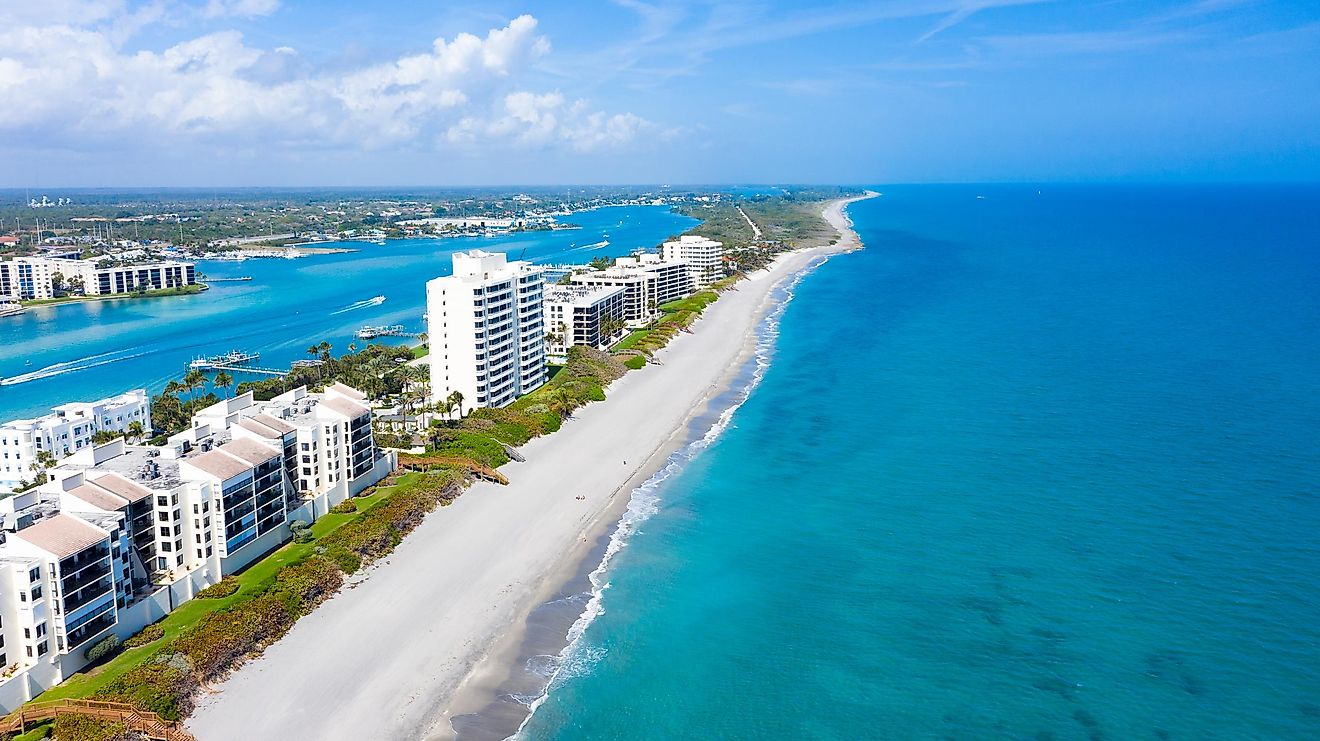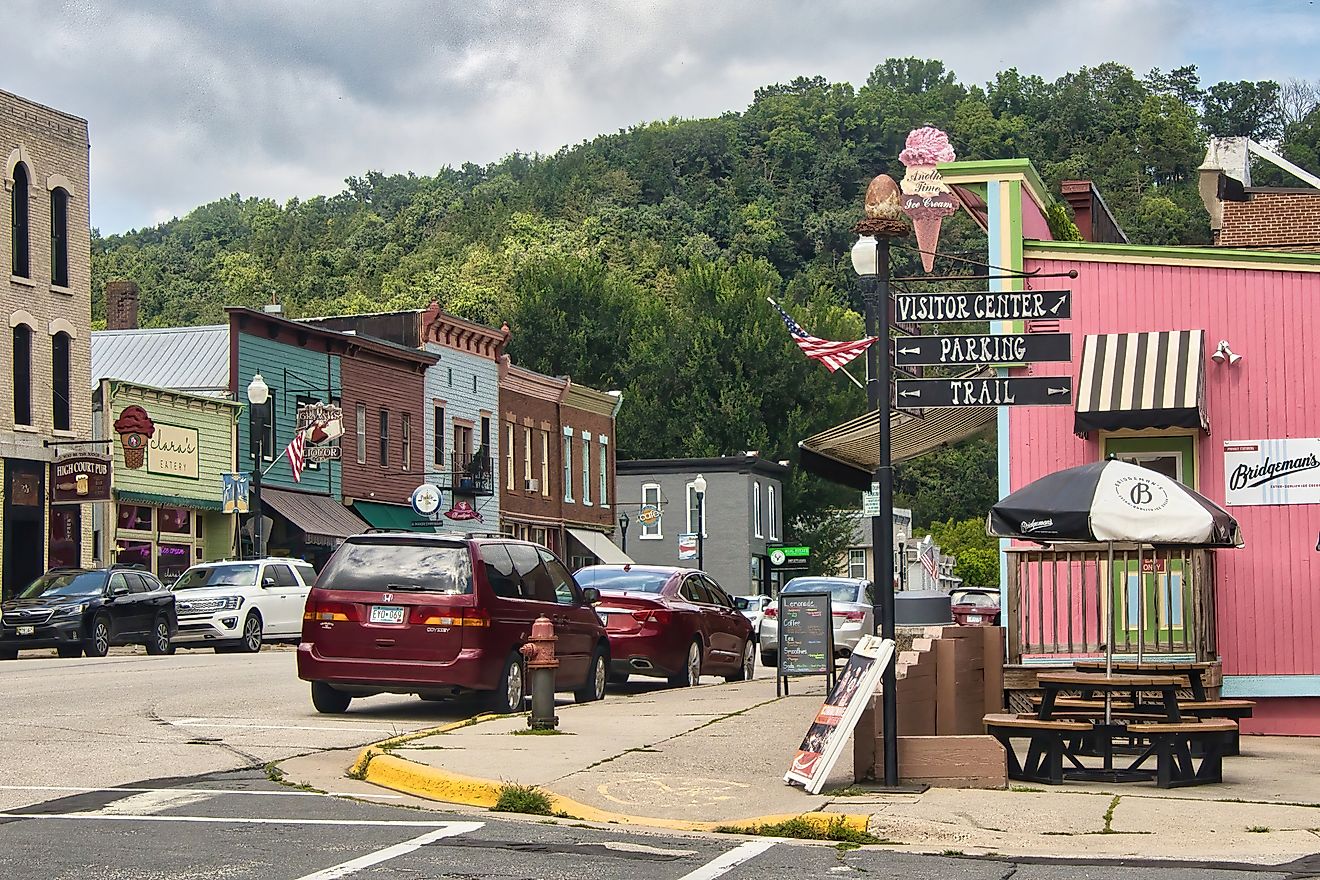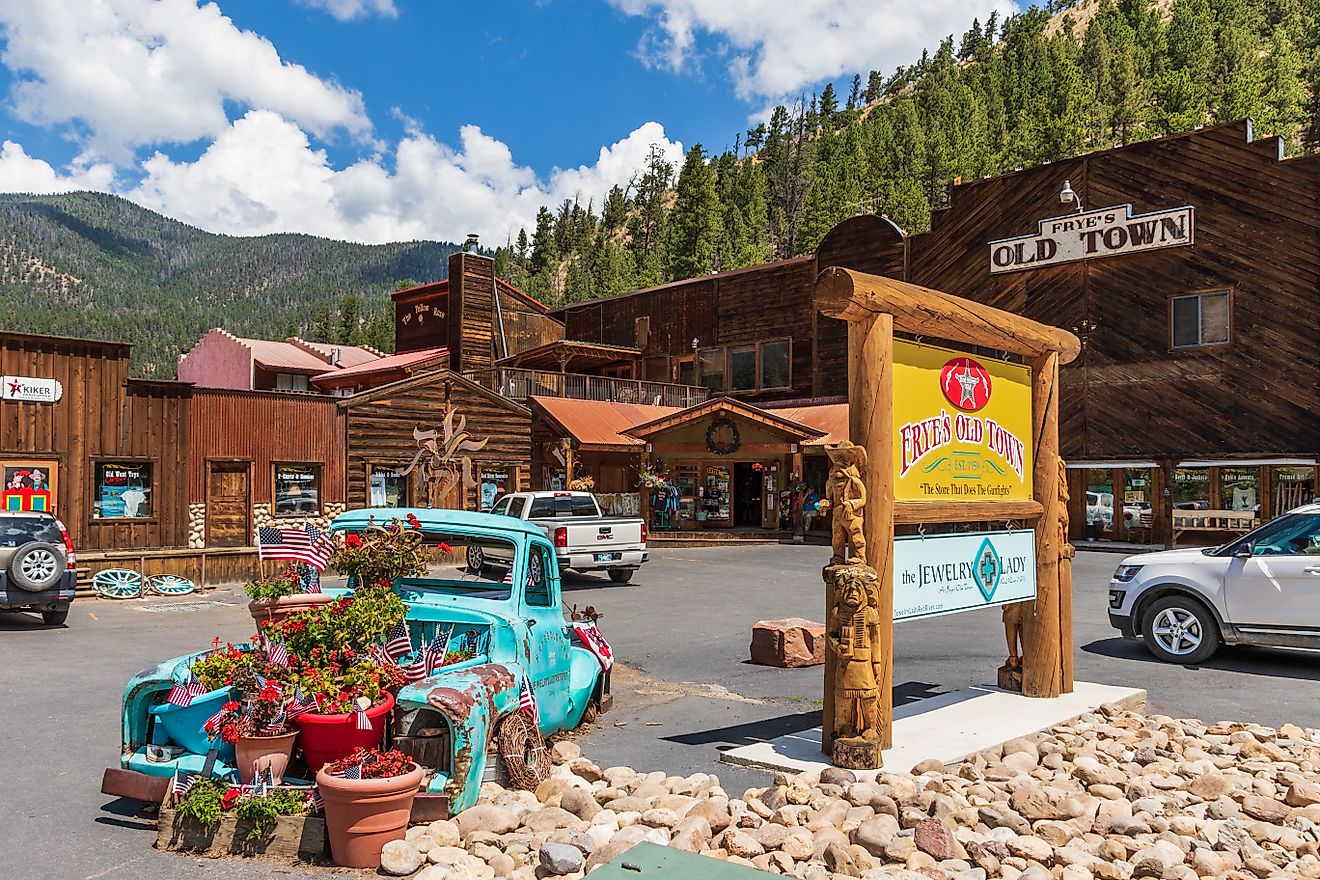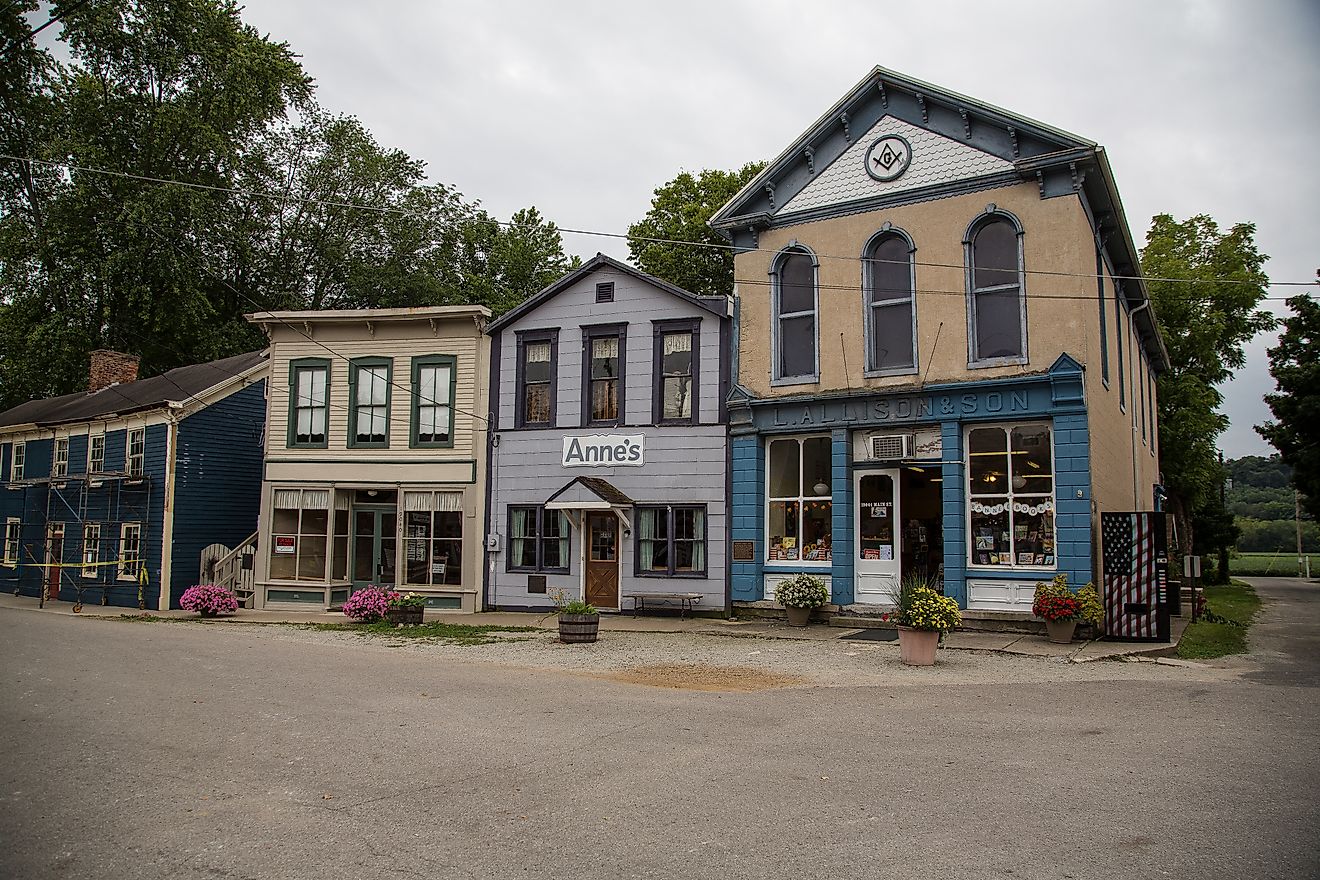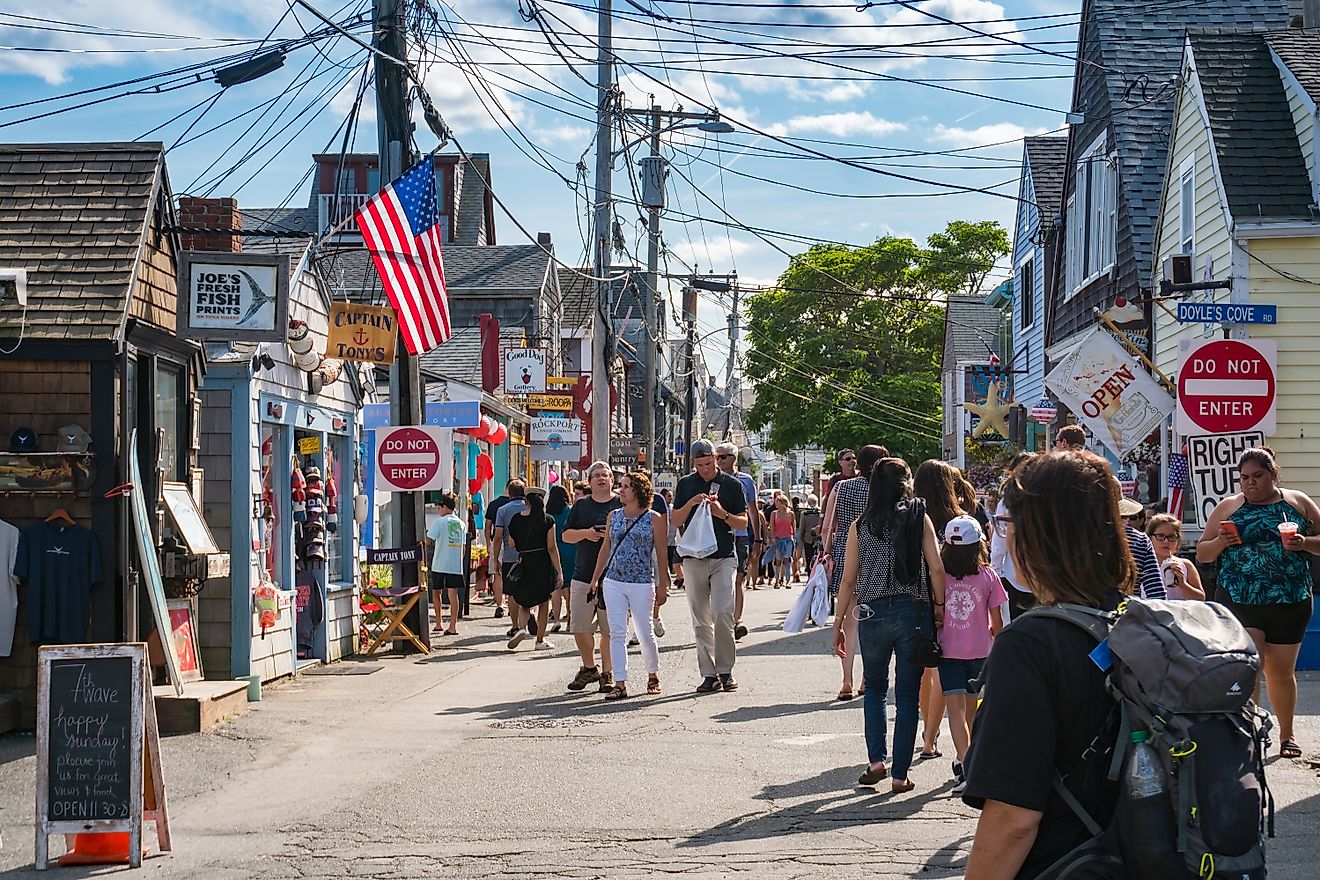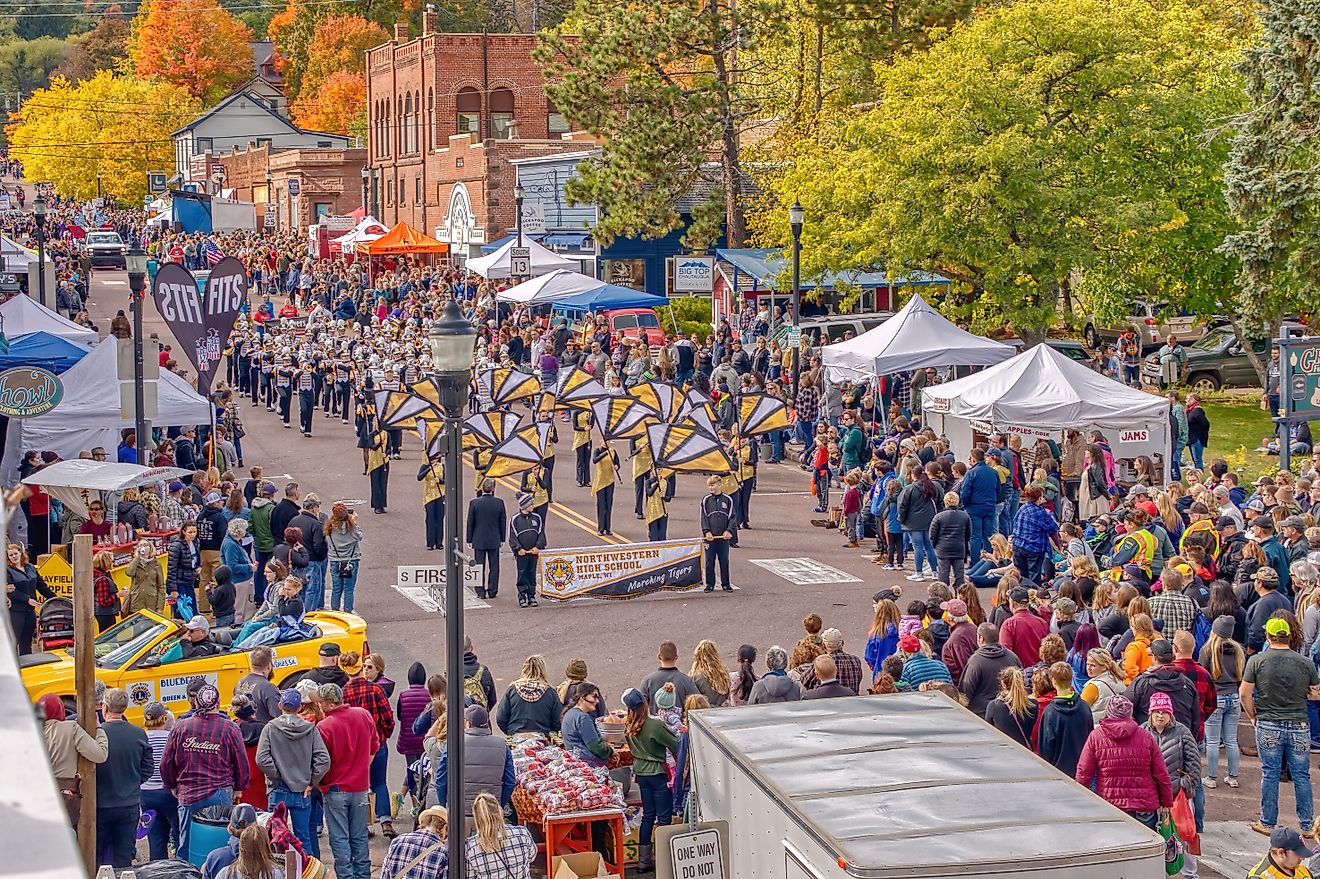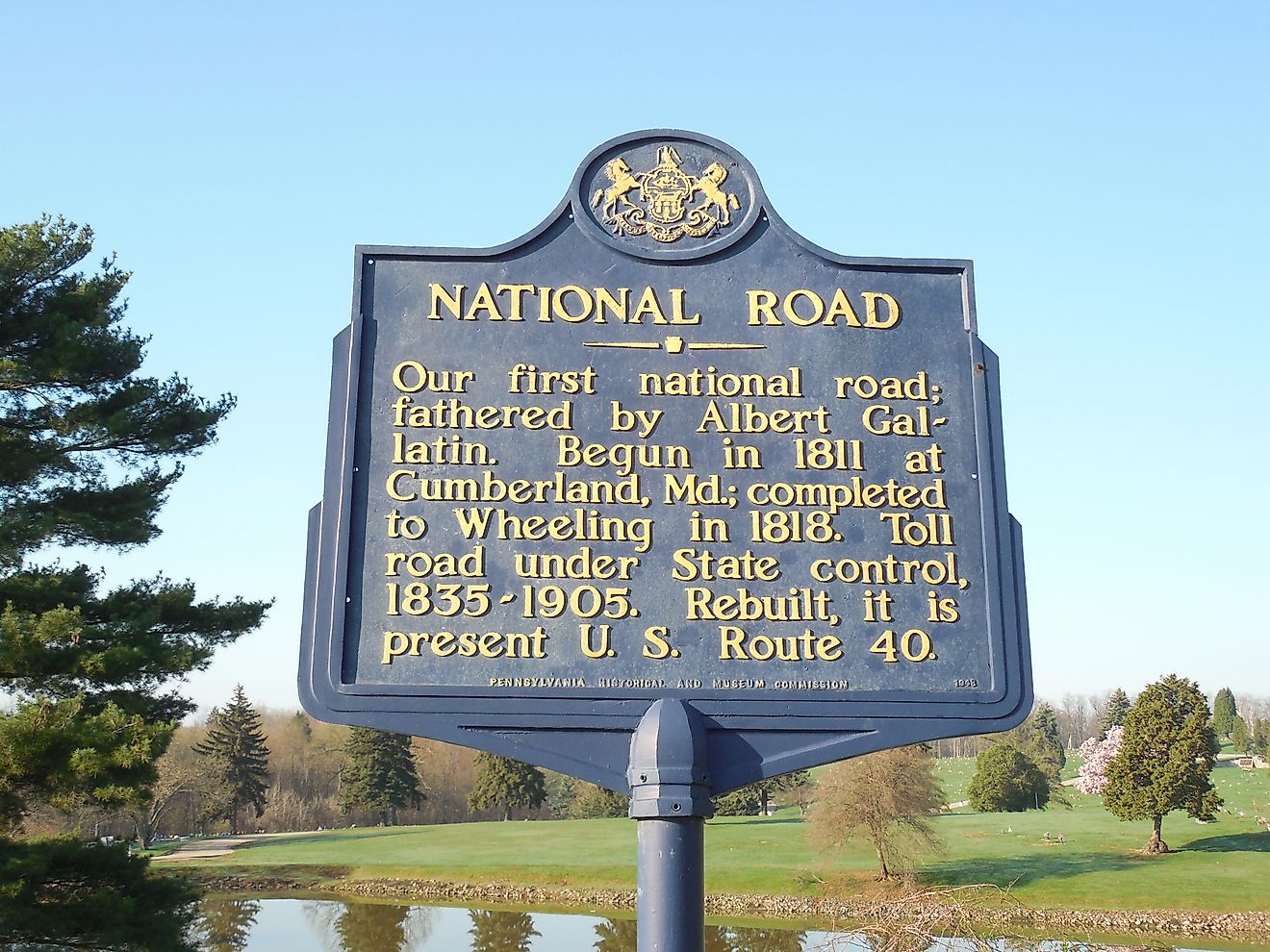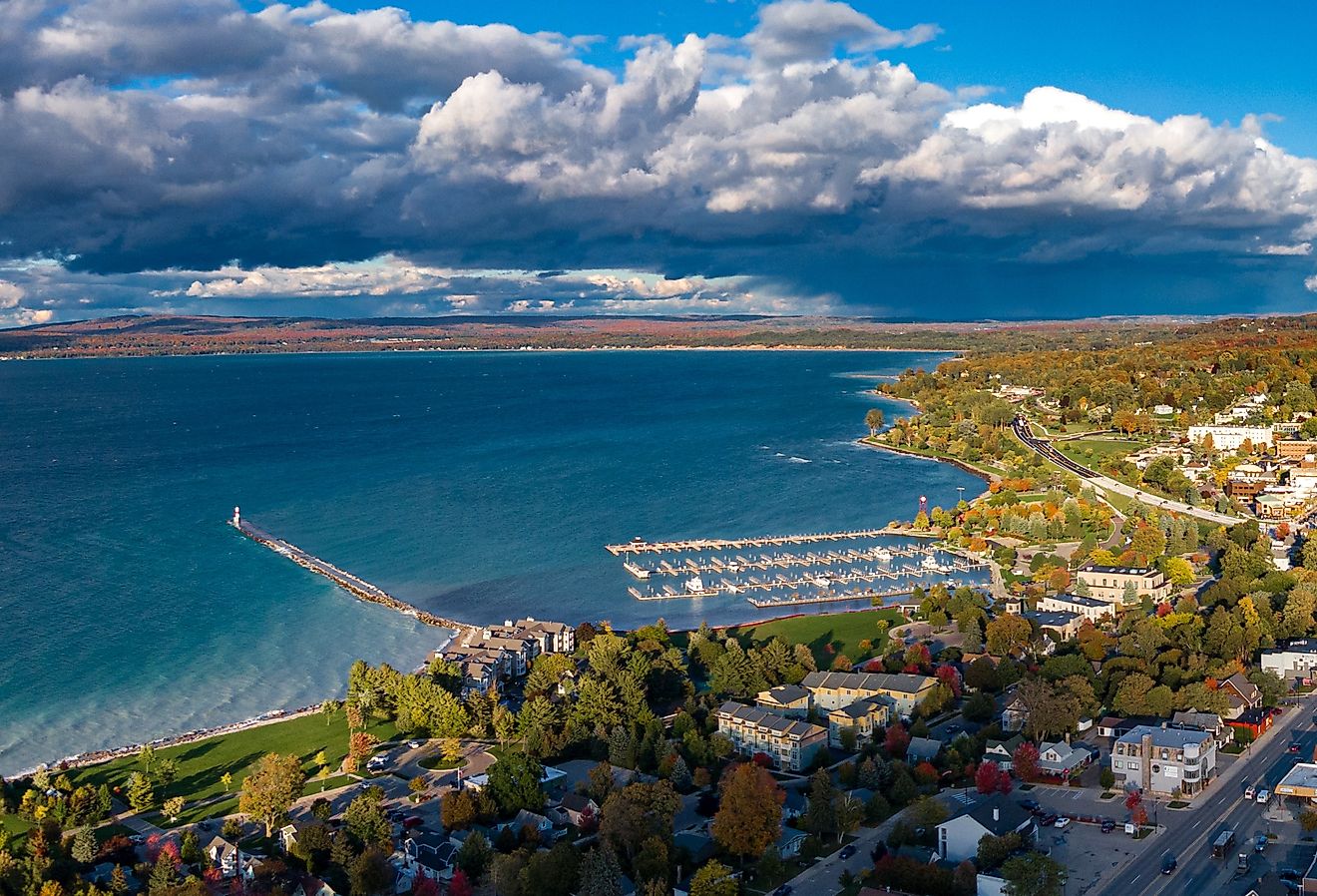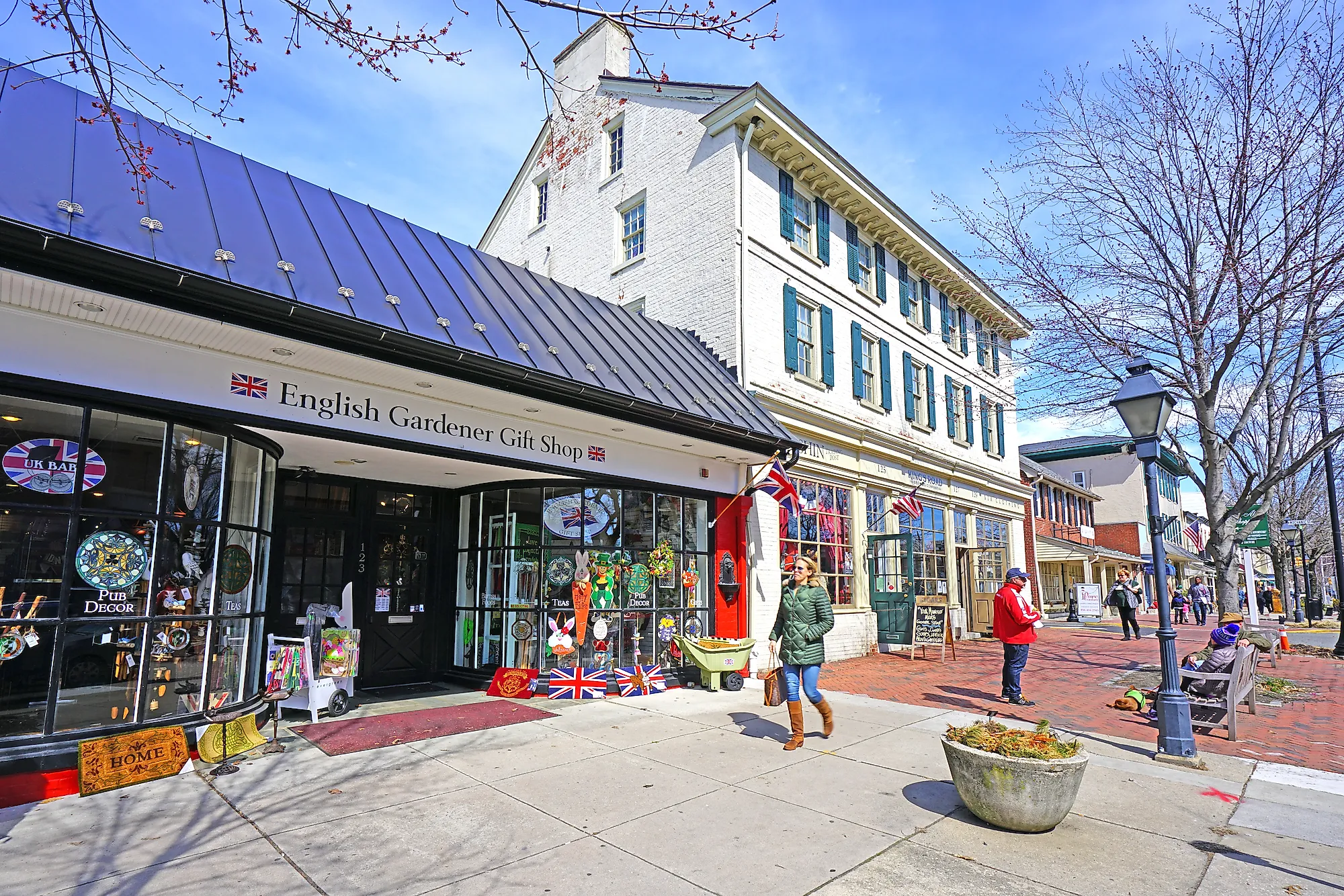
7 New Jersey Towns That Echo The Past
New Jersey’s small towns carry whispers of the past through cobblestone streets, preserved architecture, and timeless community spirit. From the mill town of Clinton with its picture-perfect Red Mill Museum to Haddonfield’s colonial avenues steeped in Revolutionary history, and Lambertville’s riverside artistry and vintage flair. Here are the seven destinations that invite visitors to slow down and experience history not as a relic, but as a living, breathing part of everyday life.
Clinton
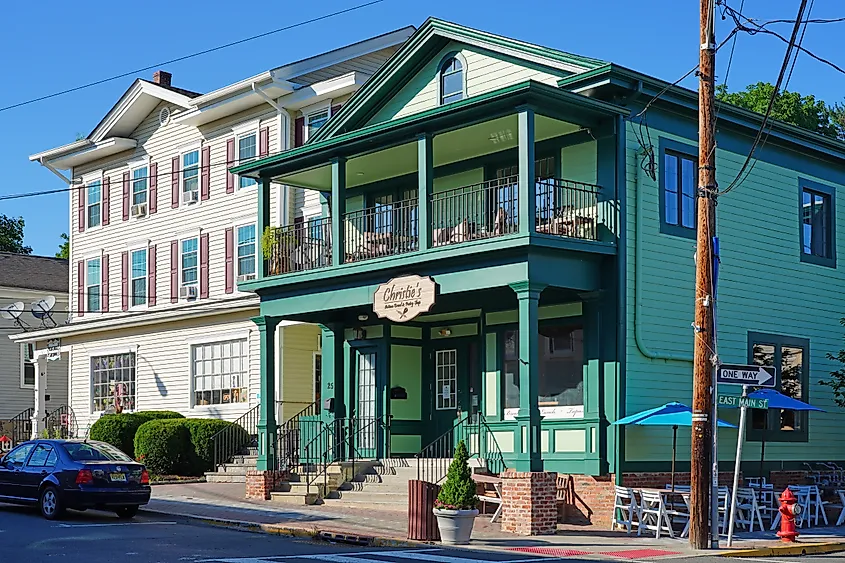
Clinton weaves riverside beauty with centuries of history. Anchoring the town’s story is the Red Mill Museum Village, a ten-acre open-air museum that preserves the historic Red Mill, the M. C. Mulligan & Sons Quarry, and a dozen heritage buildings, all recognized on the National Register of Historic Places. Across the river, the Hunterdon Art Museum is situated in the former Stone Mill, showcasing exhibitions that highlight both regional and national creativity in art, craft, and design.
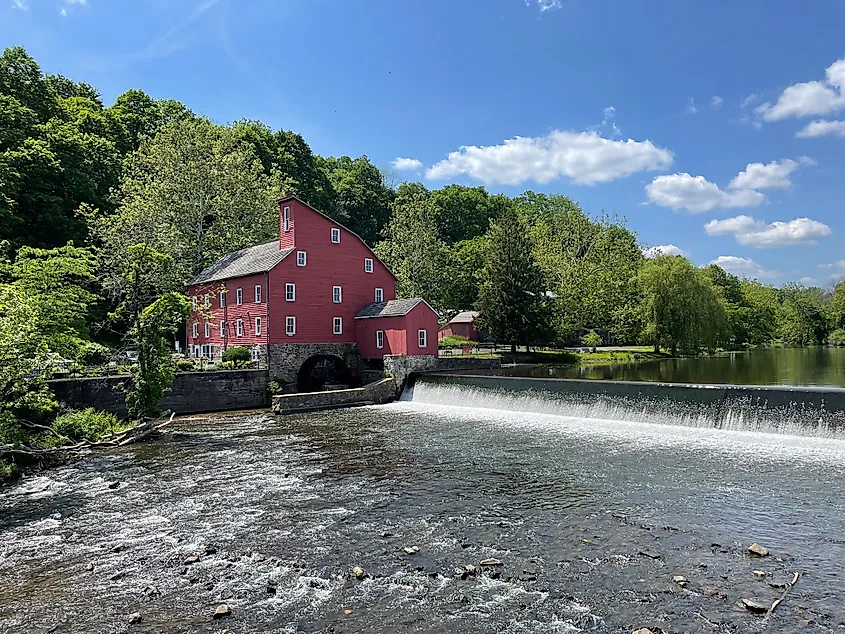
Time seems to slow within the Clinton Historic District, a 175-acre area encompassing hundreds of preserved buildings and landmarks that trace the community’s 19th-century roots. For nature and recreation, Spruce Run Recreation Area spans miles of scenic shoreline, inviting peaceful hiking, fishing, and camping amid gentle hills and open skies.
Morristown
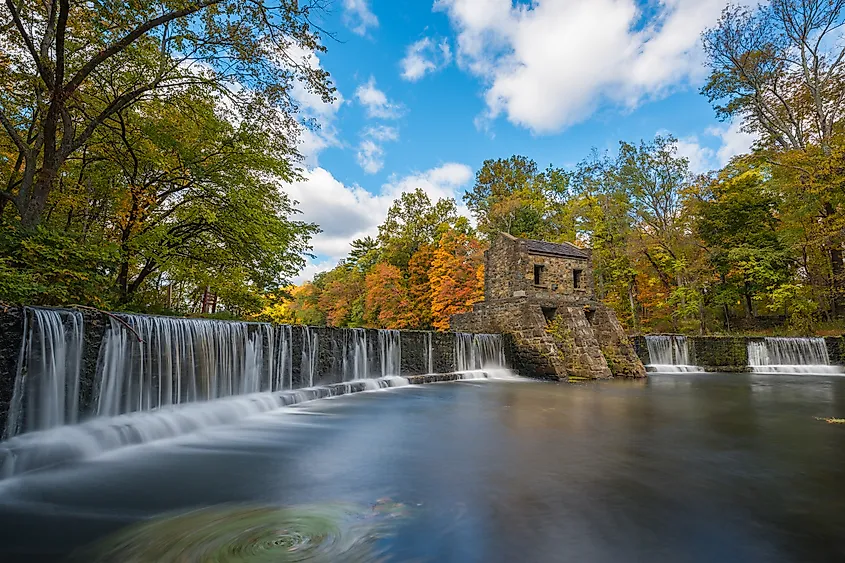
Morristown stands as a cornerstone of American independence, often referred to as “the military capital of the American Revolution” for its pivotal role in the nation’s fight for freedom. Its storied legacy unfolds across Morristown National Historical Park, the country’s first National Historical Park, where George Washington and his troops endured the coldest winter on record. The site includes a museum and mansion that reflect the town’s deep Revolutionary roots.
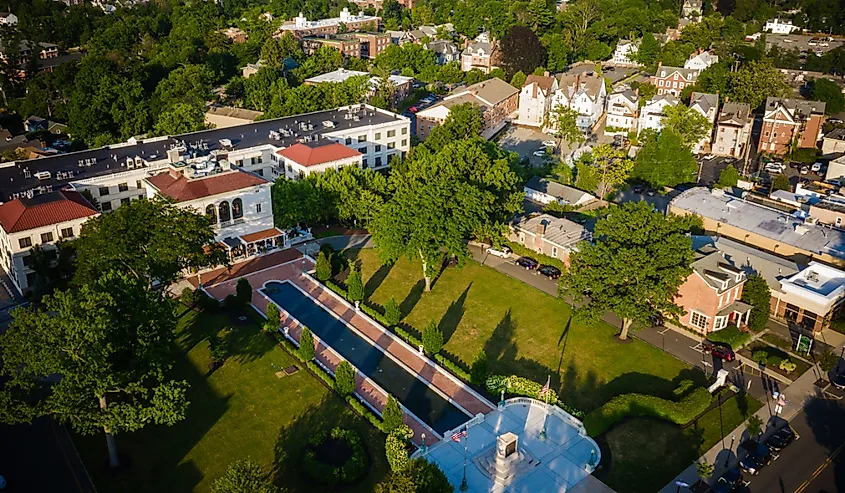
History extends beyond the battlefield at the Ford Mansion, a Georgian-style home that once served as Washington’s headquarters and now preserves traces of Dutch craftsmanship within its interior. Culture thrives at the Morris Museum, with exhibitions and theatrical performances highlighting local creativity. At the same time, the Frelinghuysen Arboretum completes the picture with 127 acres of gardens, tree groves, and a Colonial Revival mansion that embody Morristown’s enduring grace and historical depth.
Haddonfield
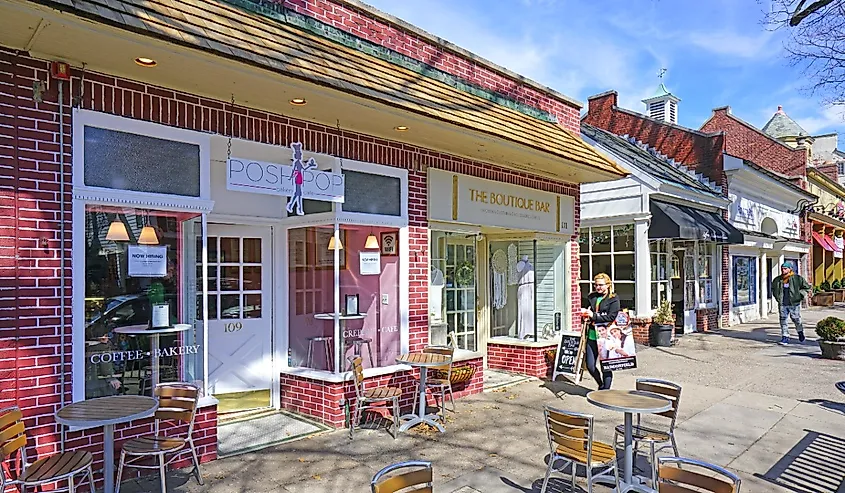
Haddonfield is a beautifully preserved colonial town, with its history anchored by the Indian King Tavern Museum. This historic tavern was the site of a pivotal 1777 meeting where the New Jersey Legislature adopted the state’s Great Seal. Recognized as the first State Historic Site in 1903, its original structure remains largely intact. Further adding to the town's historical depth is the Hadrosaurus Foulki Site. Designated a National Historic Landmark, this park is where the first relatively complete set of dinosaur bones in North America was discovered and excavated.
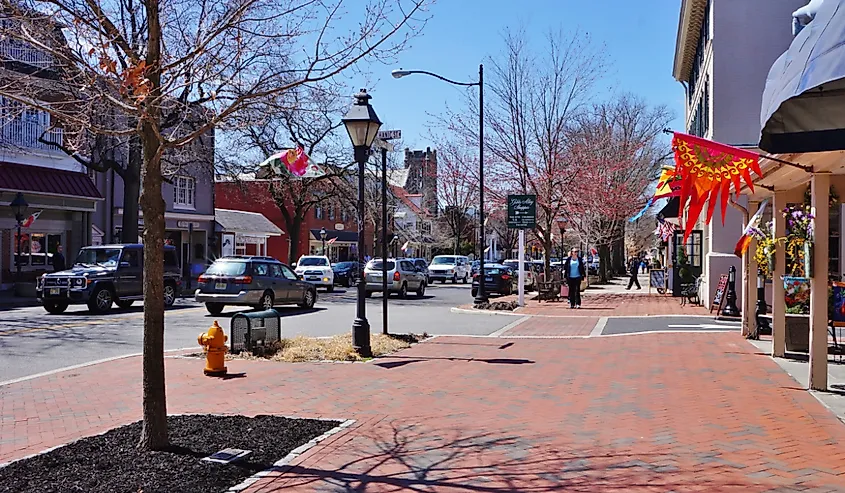
For deeper local insights, the Historical Society of Haddonfield is housed in a building constructed in 1841. The museum displays collections of 18th and 19th-century furniture, early New Jersey glass, and costumes dating back to the 1700s. Finally, a lesser-known gem is the Children's Sculpture Zoo. This small garden features seven interactive bronze animal sculptures that invite children to climb, touch, and play, honoring the town's historic connection to paleontology.
Cape May
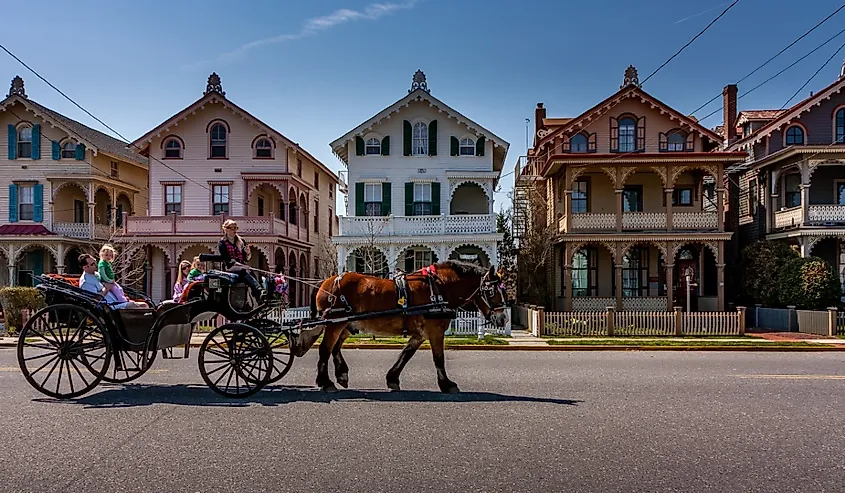
Cape May is situated on the Atlantic Ocean, near the mouth of the Delaware Bay, making it one of the country's oldest vacation resort destinations. Tourism drives the town’s largest industry. The economy thrives on the Washington Street Mall, which features a concentration of shops, restaurants, lodging options, and various tourist attractions. This reliance on visitor activity ensures the town maintains its appealing, historic atmosphere.
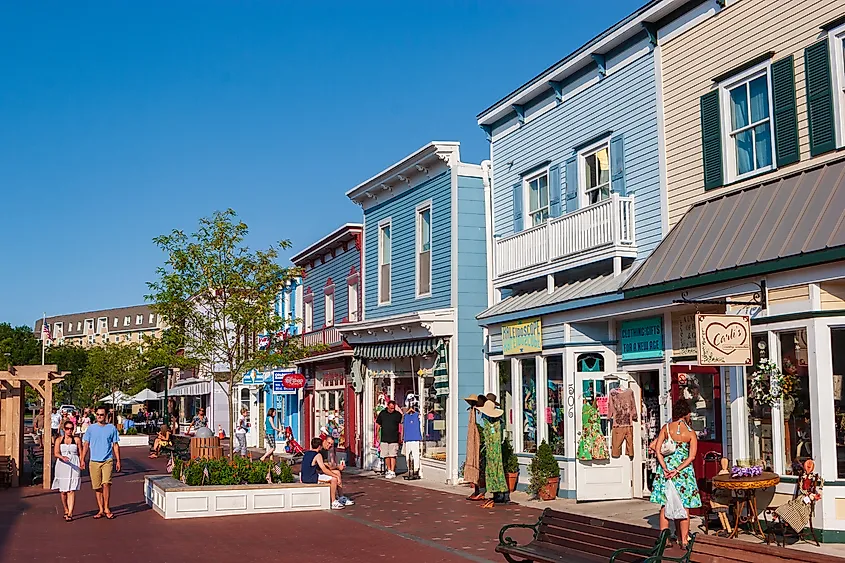
Several sites provide portals into Cape May's past. The Emlen Physick Estate is a Victorian-era home that features exhibits depicting daily life in 1879. Furthermore, the Harriet Tubman Museum of New Jersey serves as a tribute to the rich history of abolitionist activism on this block, highlighting the pivotal role Cape May played in the fight for freedom. Finally, the World War II Lookout Tower is a former military structure that provides views from the top and features a boardwalk with interpretive panels.
Lambertville
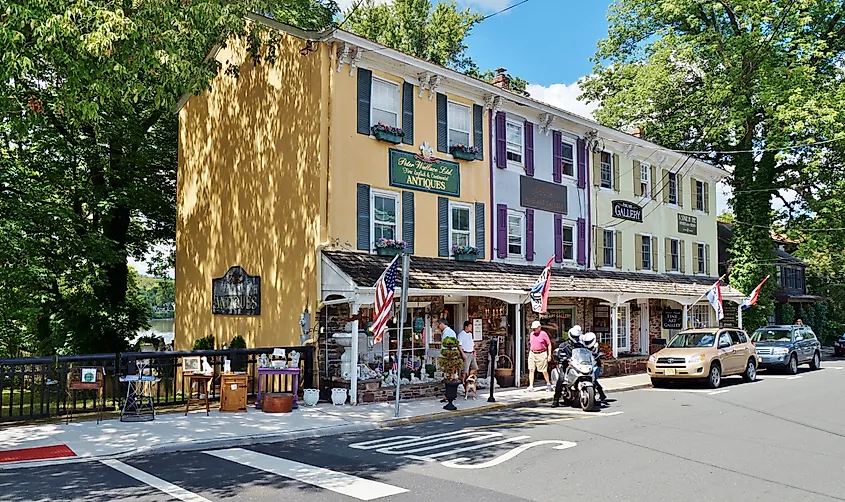
Lambertville is a historic community renowned for its picturesque setting along the Delaware River and its artistic focus. For a unique historical experience nearby, visit the Howell Living History Farm. This museum is devoted to 250 years of area farm life, featuring costumed staff and active farming operations. The town itself offers commercial attractions, notably the Golden Nugget Antique Market, where vendors sell their wares from outdoor tables. This market is conveniently located near two restaurants and ATMs.
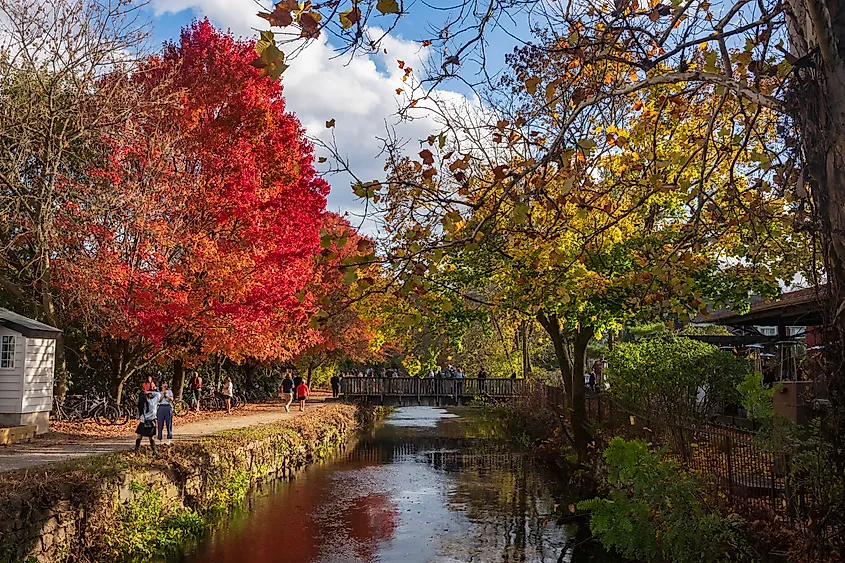
The town also centers on the arts. The Haas Gallery is an artist-owned gallery and working studio that provides a continuous exhibition of Gordon Haas, an American Impressionist. His specialty is landscapes of Bucks County, PA, Italy, and France, with original oils and prints available. For community entertainment, the Music Mountain Theater is recognized as the community leader in theatrical entertainment and arts education, dedicated to cultivating an inclusive environment.
Princeton
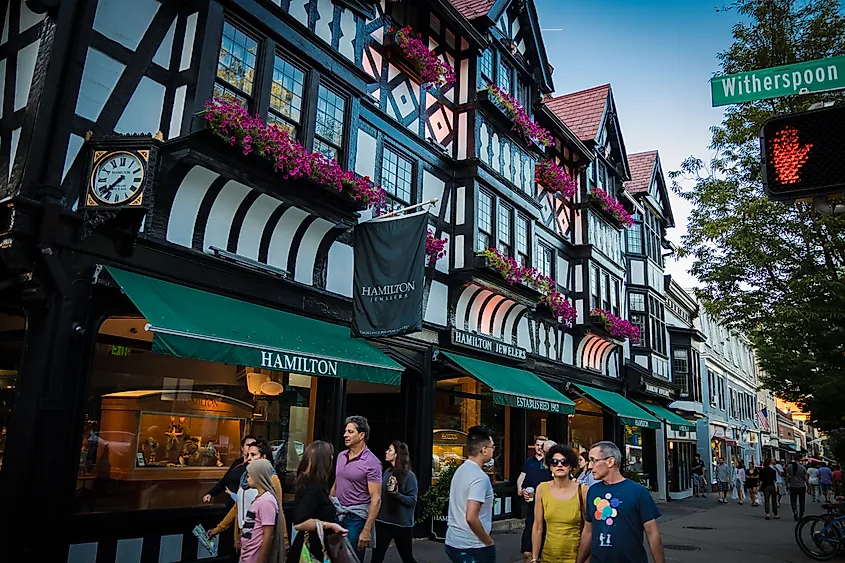
Princeton carries a distinguished legacy that reaches back before the American Revolution, its storied streets shaped by scholarship and history. At the heart of town stands Princeton University, one of the world’s leading research institutions, surrounded by architecture that mirrors centuries of academic tradition. Within its campus, the Princeton University Art Museum showcases more than 80,000 works spanning from ancient artifacts to modern masterpieces, all accessible to the public.
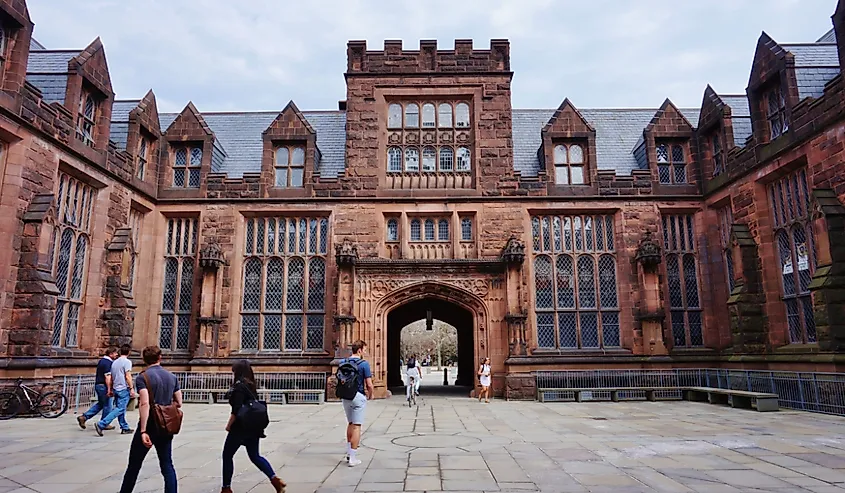
A short walk away, the Morven Museum & Garden, once a Governor’s mansion, preserves regional history through changing art exhibits and cultural programs. Alongside this, the Princeton University Chapel invites quiet reflection beneath its soaring Gothic arches, serving as both a spiritual and communal landmark. Nearby, Nassau Hall, built in 1756, anchors the university’s past with its stately memorial atrium and historic faculty room, echoing Princeton’s enduring academic and cultural spirit.
Cranbury
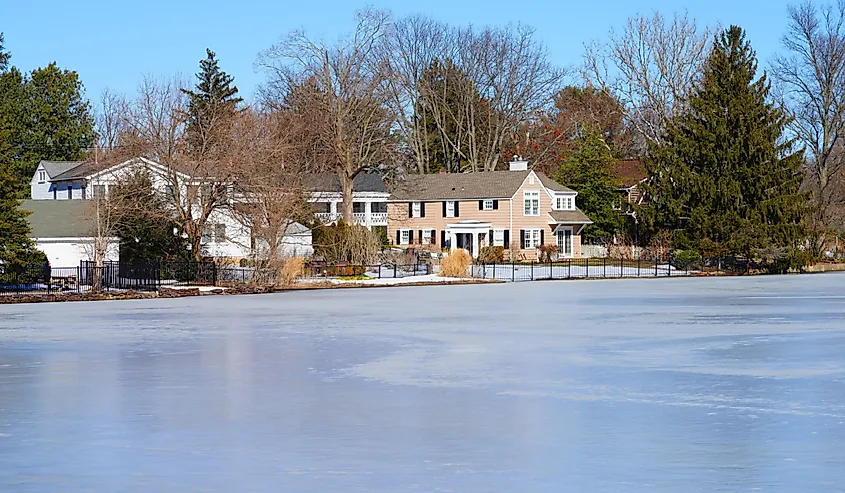
Cranbury reflects a quiet grace that few small towns maintain, with preserved heritage intertwining with natural beauty. The Cranbury Museum, housed in a historic 1800s residence, presents both permanent and rotating exhibits that capture the town’s past through art, artifacts, and architecture. Docent-led tours share deeper insight into the stories held within its walls. Nearby, the Chinmaya Mission Vrindavan stands as a serene spiritual center dedicated to the teachings of the Bhagavad Gita and the values of service and wisdom.
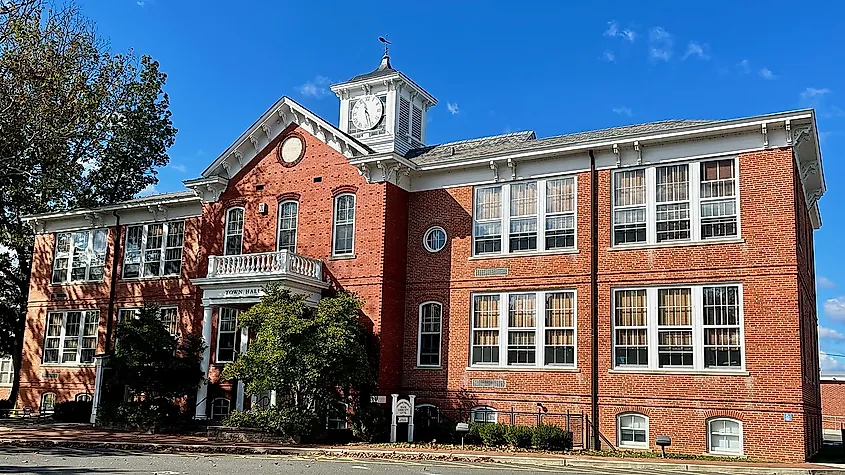
Nature lends Cranbury its calming rhythm. Brainerd Lake brings scenic stillness to the heart of town, its peaceful waters reflecting a timeless sense of community. In addition, the Plainsboro Preserve, with its network of woodland trails and lakefront views, creates an inviting space for walking, birdwatching, and quiet moments surrounded by the rhythms of New Jersey’s natural landscape.
New Jersey’s historic towns continue to carry the state’s legacy with dignity and depth. From the Revolutionary echoes of Morristown to the Victorian grace of Cape May and the enduring calm of Cranbury, each town reveals a unique chapter of the Garden State’s story. Time seems to stand still in these places, where heritage, architecture, and community spirit sustain a lasting connection between the past and the present.
